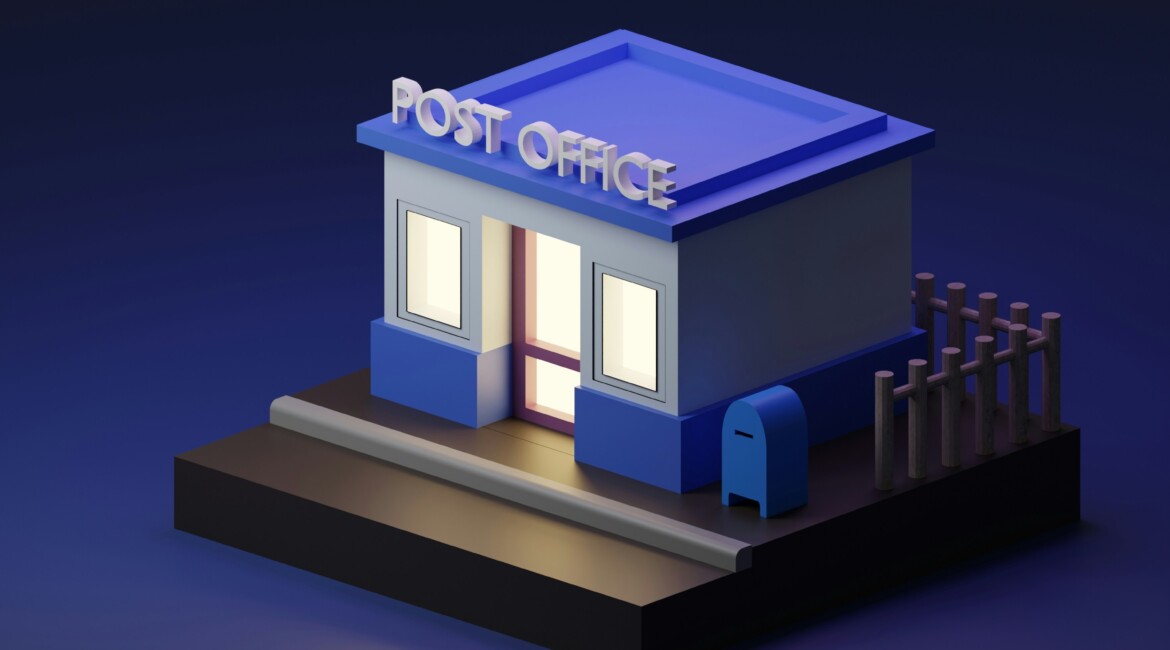
Disclosure – I Found Some Documents, What Should I Do With Them?

The current inquiry into the Post Office Horizon IT scandal is shining a spotlight on how crucial the disclosure process is. Counsel for the inquiry, Jason Beer KC, has criticised the Post Office for significant disclosure failures – that is, not producing documents relevant to the allegations made against the sub-postmasters and mistresses. This will be most damaging for the Post Office.
The issues at stake may be different to a routine civil claim but the principles of ensuring full and frank disclosure of all relevant documents still apply.
Disclosure of documents allows all parties to a claim to be aware of what documents are in or have been in each other’s possession. It is important to note that disclosure applies both to physical and electronic documents.
To help illustrate how disclosure works in practice, we will be using the following scenario:
Andrew runs an IT business that develops anti-virus software and grants a licence to their clients so that they may use the software. One of Andrew’s clients is currently having issues with the functioning of the software and claims that the software is deleting important business files from their computer as it detects a virus. The client started using Andrew’s anti-virus software a month ago.
Andrew has found two documents, the first being an email Andrew sent to the client stating that he would reimburse the client for any problem caused by the software and the second being a letter from the client stating that they have had issues with their IT system previously which has caused random documents to go missing which has now been resolved.
Andrew has found relevant documents
Great.
These documents are important pieces of evidence. Andrew should keep these documents so that he can provide the documents to his solicitors, not only to better inform them about his case but also to ensure copies are made available in the course of any formal proceedings.
Andrew should continue to keep all documents and correspondence relating to the client.
If Andrew is a party in proceedings, his solicitors will create a list of documents that are or have been in Andrew’s possession. This must include documents that help and those that potentially damage his case. The list will be provided to any other party and likewise, Andrew will receive a list of documents in return.
Andrew will need to sign the list to verify that he has listed all relevant documents. Making a false verification can have very serious consequences.
Can Andrew destroy or hide the documents?
No.
Andrew should not destroy or hide any relevant documents because he is under a duty to disclose everything.
If he does destroy or hide the documents this will affect his case and he may be held in contempt of court. Imprisonment is one of the severest sanctions that could be imposed.
If Andrew does destroy or hide documents that should have been disclosed then his solicitor will likely have to refuse to act for him further.
Solicitors’ duty to the court and the client
A solicitor has a duty to their client to put their best case forward, but solicitors also have a duty to “not mislead or attempt to mislead [their] clients, the court or others, either by [their] own acts or omissions or allowing or being complicit in the acts or omissions of others (including [their] client)”.[1]
If there is any sign of this duty being breached a solicitor will be unable to continue to act and they will be forced to withdraw from the case altogether.
[1] Paragraph 1.4 of the Code of Conduct for Solicitors, RELs and RFLs
Found additional documents
Andrew has found another letter from the client, which he did not recall existed, setting out that the client had used a different anti-virus software before making the change to the software provided by Andrew’s business.
If proceedings have not been issued then Andrew should retain the letter. If a claim has already started there is an ongoing and continuing obligation to disclose documents even after the formal disclosure process (by list) has been completed. Andrew should bring this document to his solicitor’s attention so that appropriate steps can be taken to disclose it. This would also be the case if the document Andrew found was not in his favour.
The duty to disclose documents persists throughout the litigation proceedings.
Inspection
Once the lists of documents have been exchanged, there is an opportunity to inspect the other party’s documents. One party can ask the other for copies of available and disclosed documents.
Digital disclosure
It is possible to carry out the disclosure process electronically.
Summary
To comply with disclosure obligations you will need to do the following:
- Provide the other party with all documents in your possession – those that can help and those that may not help your own case;
- Do not hide or destroy documents as it may place you in contempt of court and/or your solicitor refusing to act for you;
- As you discover additional documents relevant to the case, you will need to disclose these documents.
Disclosure can be a complex area for the uninitiated. Full and proper compliance is essential to the administration of justice. Failures to meet the strict requirements can be fatal for a party in a claim and there can be financial consequences too.
[1] Paragraph 1.4 of the Code of Conduct for Solicitors, RELs and RFLs
This article is intended for general information only, applies to the law at the time of publication, is not specific to the facts of your case and is not intended to be a replacement for legal advice. It is recommended that specific professional advice is sought before relying on any of the information given. © Jonathan Lea Limited.
